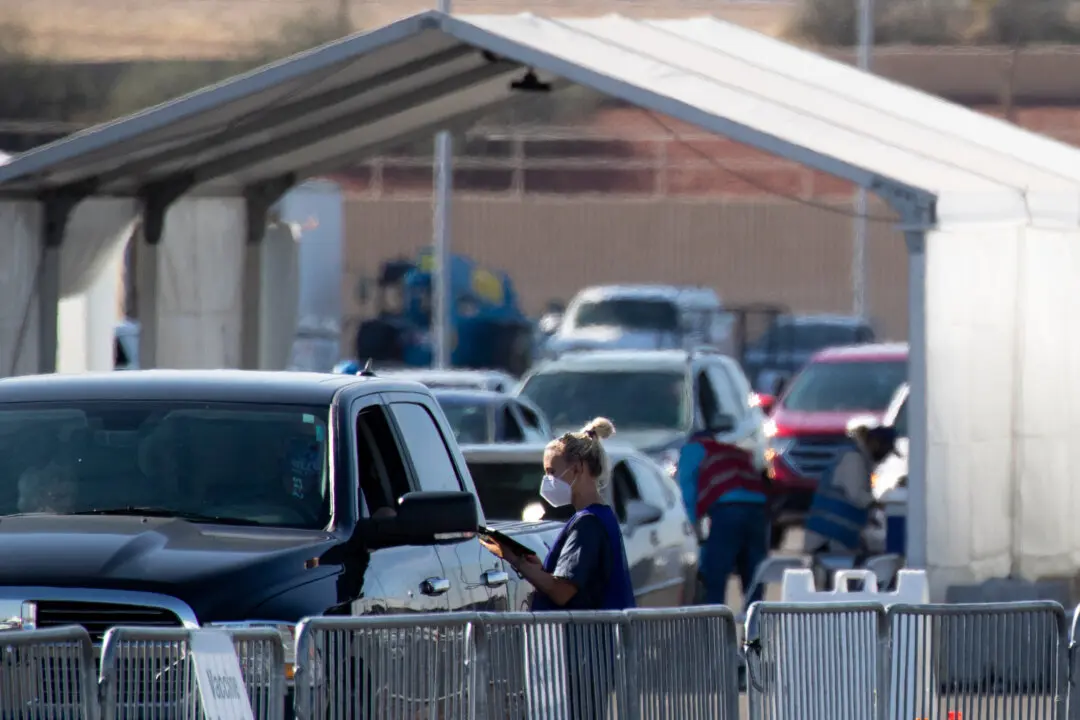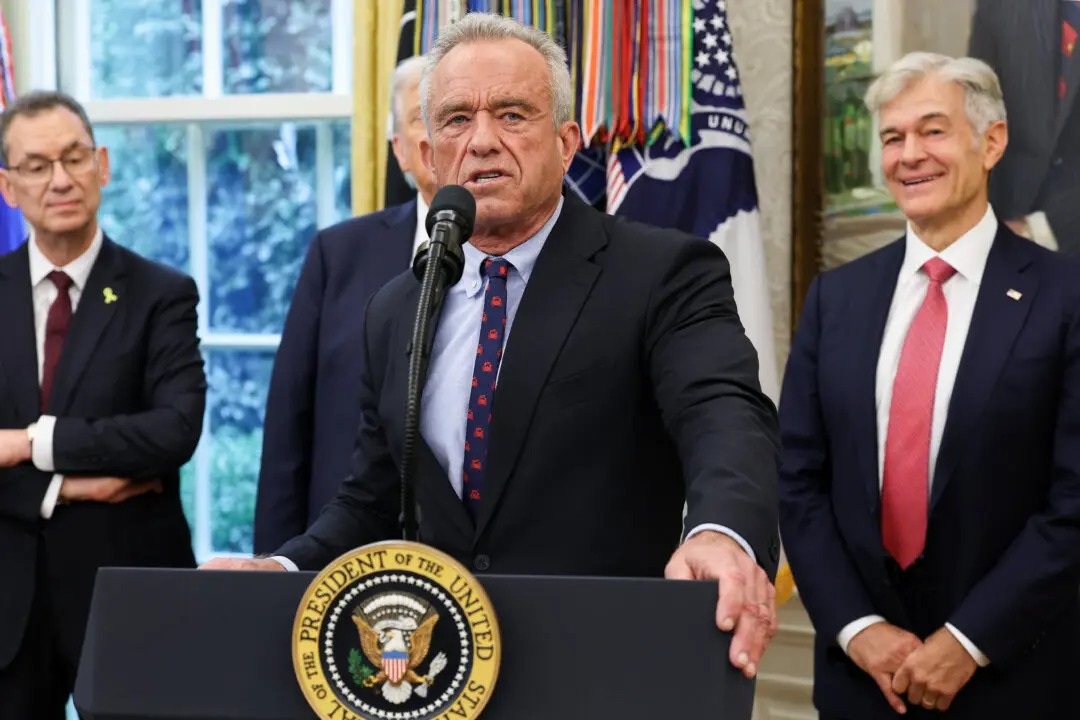NEW YORK—Subway, bus, and rail fares will be increasing in March 2013—the question is by how much.
A 30-day unlimited metro card could cost as much as $125 in March next year, if one of four proposals officially unveiled on Monday is selected. The 30-day card currently costs $104.
Increases in single rides, 7-day passes, and the bonus value system are also included in the proposal.
“Our nondiscretionary costs are growing at such a rate that we have no choice but to raise our fares,” said Joseph Lhota, MTA chairman and CEO, at a press briefing on Monday.
Nondiscretionary spending—spending that the MTA says it can’t control, including pensions, paratransit, and paying off debt—is estimated to increase almost $5 billion through 2015.
The MTA runs the buses, subways, Metro-North, and Long Island Rail Road, and manages many of the bridges and tunnels in the New York Metropolitan region.







